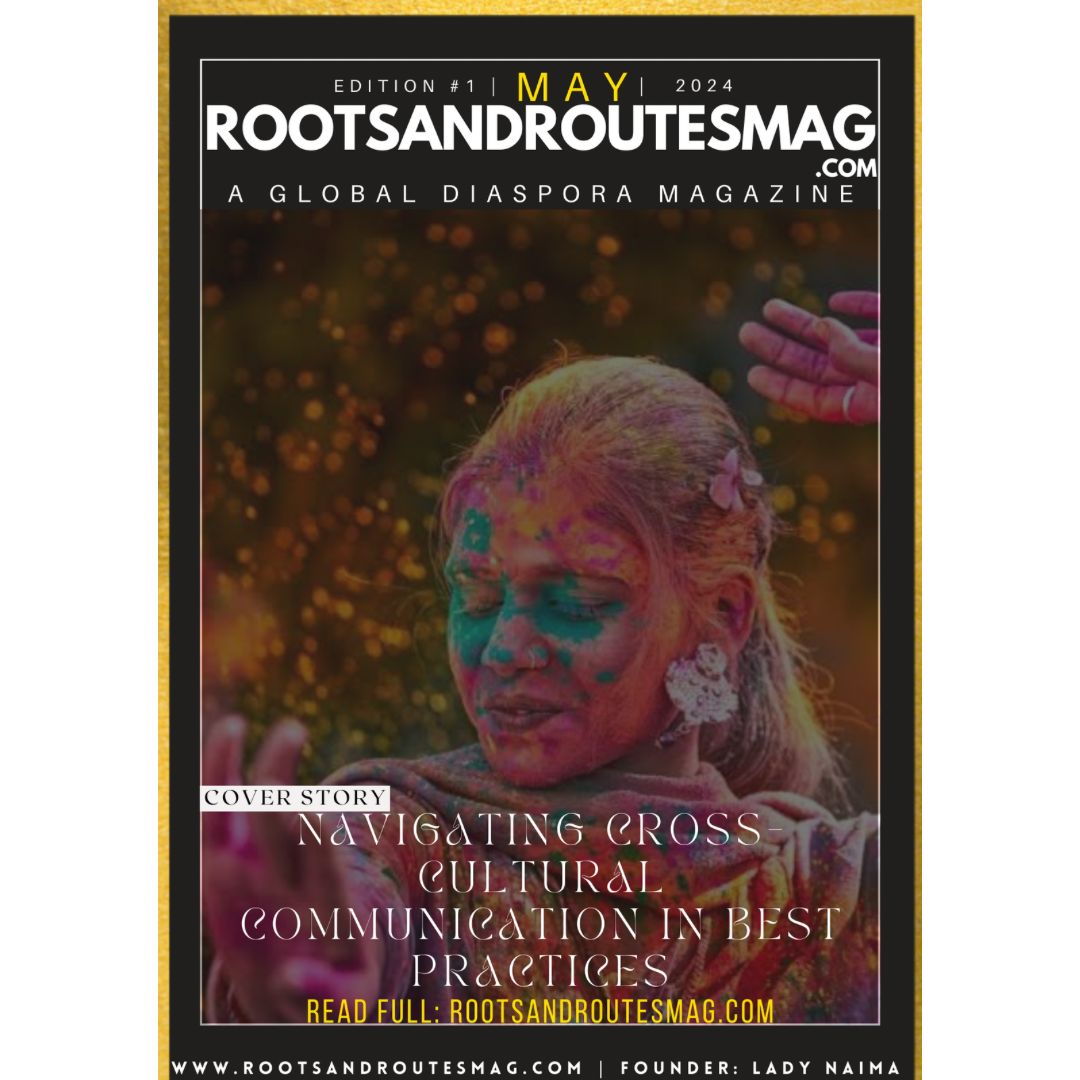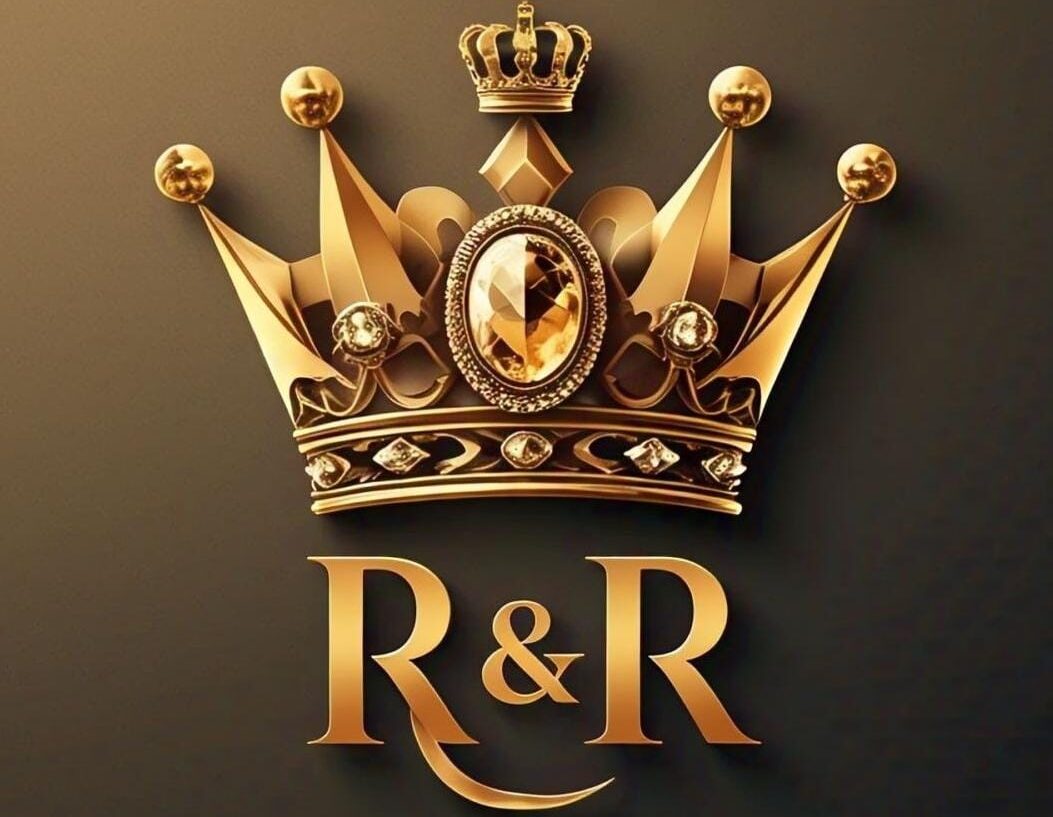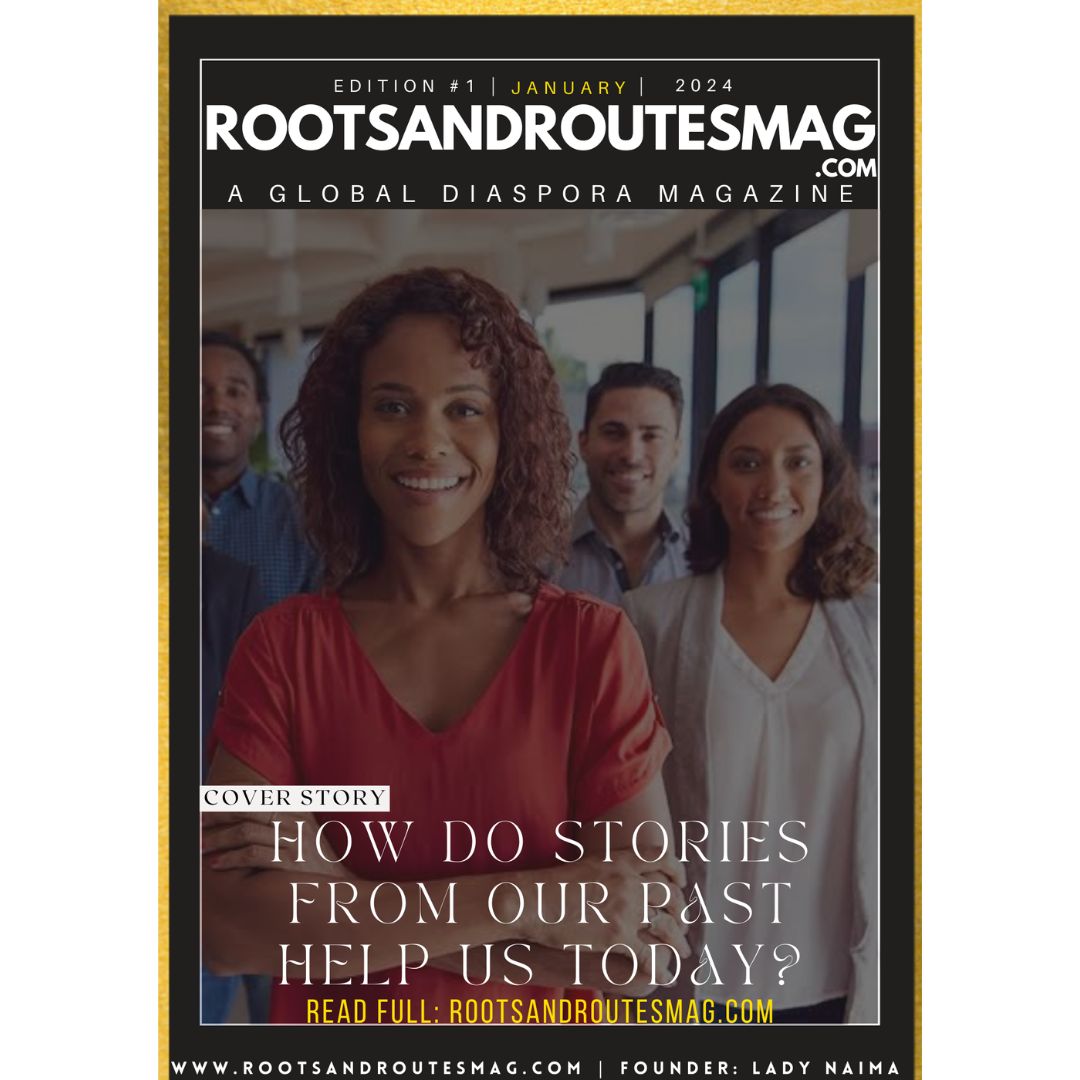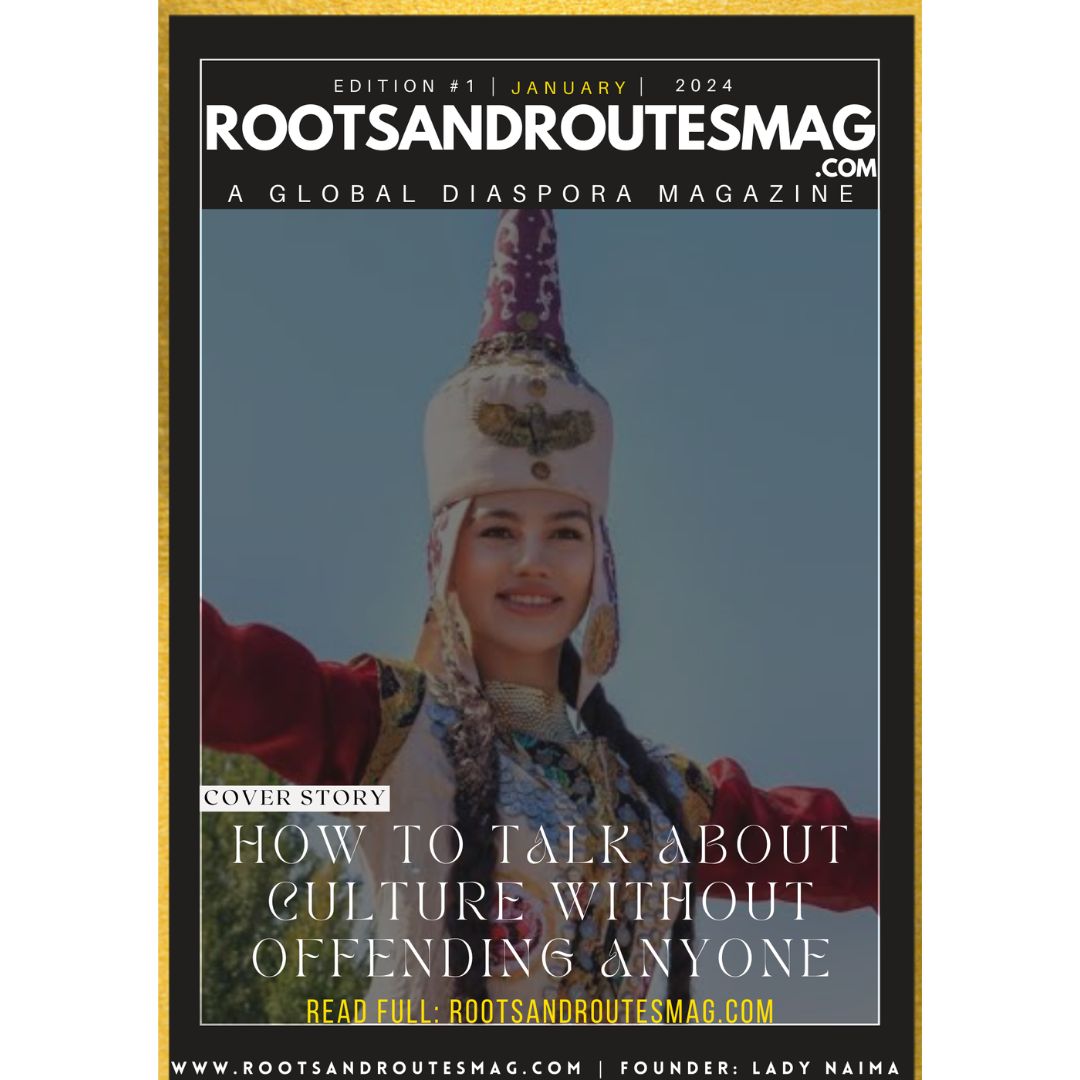Navigating Cross-Cultural Communication in Best Practices

In an increasingly interconnected world, the ability to communicate effectively across cultures is essential for success in both personal and professional endeavors. Whether interacting with colleagues, clients, or friends from different cultural backgrounds, understanding and respecting cultural differences is key to fostering meaningful connections and avoiding misunderstandings. In this article, we’ll explore best practices for navigating cross-cultural communication, equipping you with the tools to thrive in diverse environments.
- Cultivate Cultural Awareness: The first step in mastering cross-cultural communication is to develop a keen awareness of cultural differences. Take the time to educate yourself about the customs, traditions, and communication styles of different cultures. This can be achieved through reading, attending cultural events, or engaging in conversations with individuals from diverse backgrounds. By understanding the cultural nuances that shape people’s behaviors and perspectives, you’ll be better equipped to navigate intercultural interactions with sensitivity and respect.
- Practice Active Listening: Active listening is a cornerstone of effective communication, especially in cross-cultural contexts where language barriers or cultural differences may complicate interactions. When engaging in cross-cultural communication, strive to listen attentively to the speaker’s words, tone, and body language. Avoid making assumptions or jumping to conclusions based on your own cultural perspective. Instead, seek clarification and ask open-ended questions to ensure mutual understanding. By demonstrating genuine interest and empathy, you’ll foster trust and rapport across cultural boundaries.
- Adapt Your Communication Style: Flexibility is key when communicating across cultures. Recognize that different cultures may have distinct communication norms, such as varying degrees of directness, formality, or nonverbal cues. Adapt your communication style to accommodate the preferences of your audience while remaining authentic to your own identity. For example, if conducting business in a culture that values indirect communication, you may need to read between the lines and rely on implicit cues to decipher meaning. By being adaptable and responsive to cultural nuances, you’ll enhance the clarity and effectiveness of your communication.
- Embrace Diversity and Inclusion: Embracing diversity and inclusion is essential for fostering an environment where all voices are heard and respected. Actively seek out opportunities to engage with individuals from different cultural backgrounds and perspectives. Create spaces that celebrate diversity and encourage open dialogue about cultural experiences and identities. By cultivating an inclusive mindset, you’ll promote collaboration, creativity, and mutual understanding across cultural divides.
- Be Mindful of Stereotypes: Avoid falling into the trap of stereotyping or generalizing about people based on their cultural background. Recognize that individuals within a culture may vary widely in their beliefs, values, and behaviors. Challenge your own biases and preconceptions by approaching each interaction with an open mind and a willingness to learn. Treat each person as an individual, rather than as a representative of their cultural group. By reframing your perspective and embracing cultural complexity, you’ll foster genuine connections and bridge cultural divides.
Conclusion: Mastering cross-cultural communication is an ongoing journey that requires curiosity, empathy, and humility. By cultivating cultural awareness, practicing active listening, adapting your communication style, embracing diversity and inclusion, and being mindful of stereotypes, you’ll navigate cultural differences with confidence and sensitivity. Remember that effective cross-cultural communication is not just about transmitting information—it’s about building relationships, fostering mutual respect, and enriching our shared global community.

Tariq Riaz is a passionate web developer and content generation expert.









